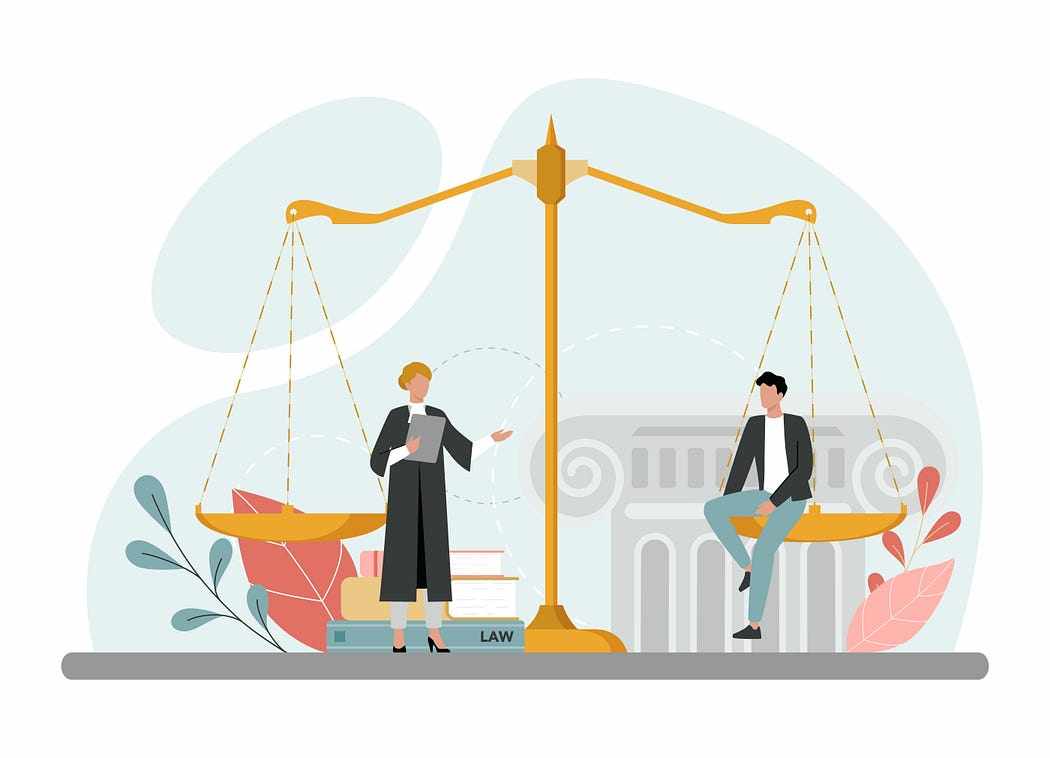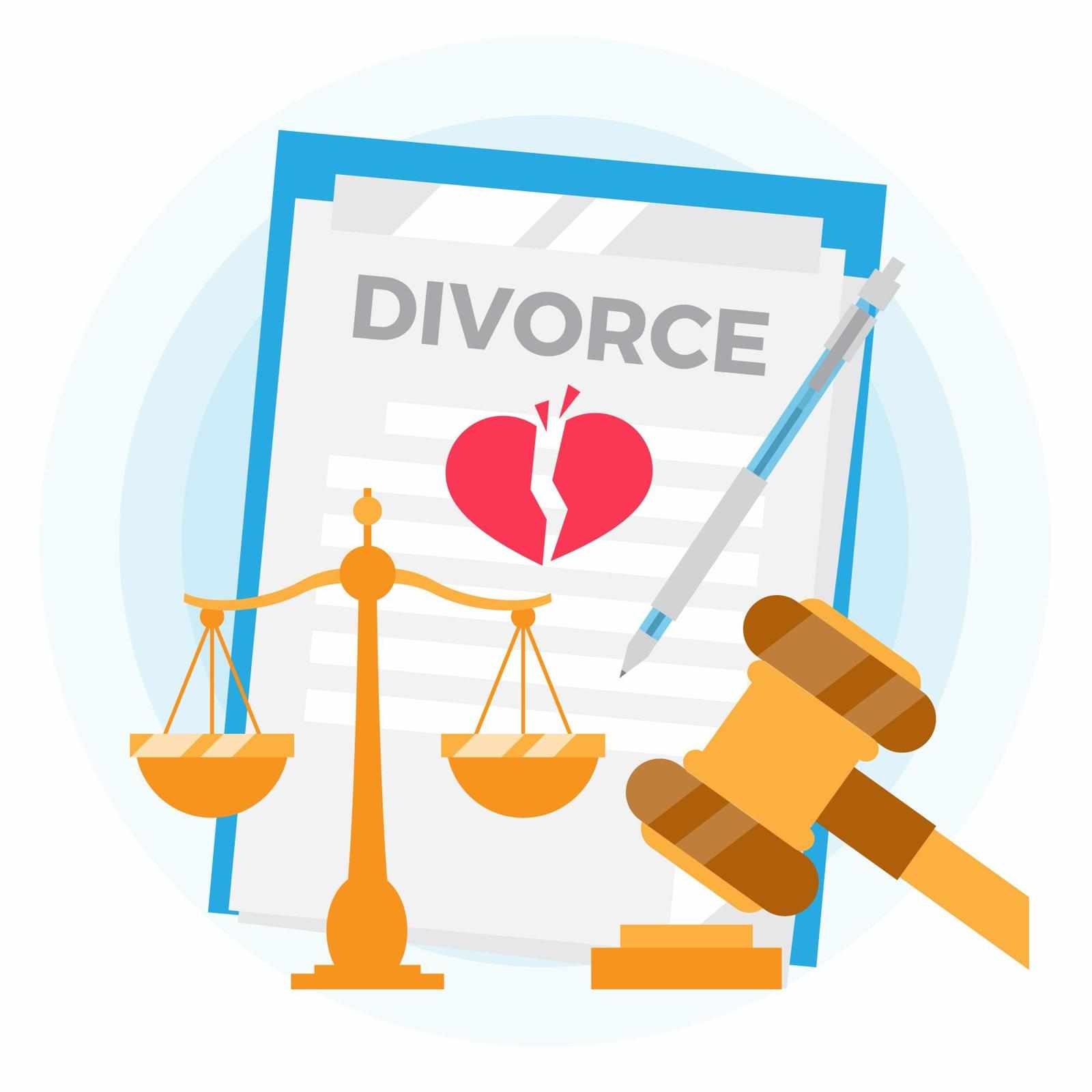Filing for a no-fault divorce has become an increasingly popular choice for couples looking to dissolve their marriage. Unlike fault-based divorces, which require one party to prove wrongdoing by the other, no-fault divorces focus solely on the irretrievable breakdown of the relationship. If you’re wondering, “is new jersey a no fault state for divorce?” the answer is yes. This approach offers numerous advantages, particularly for those who wish to navigate the divorce process as smoothly as possible.
Reduced Emotional Stress
One of the most significant benefits of a no-fault divorce is the reduction in emotional stress. Since there is no need to prove fault, such as adultery or cruelty, the process avoids assigning blame. This can create a less hostile environment, allowing both parties to move forward with greater dignity and less resentment. Understanding “is new jersey a no fault state for divorce” further highlights how this stress-free option is accessible to residents of the state.
2. Faster Resolution
No-fault divorces are generally quicker to resolve than fault-based divorces. Without the need to gather evidence, present witnesses, or contest allegations, the legal process becomes much more streamlined. This efficiency can save both time and emotional energy, enabling you to focus on the next chapter of your life.

3. Lower Legal Costs
By eliminating the need for extensive court battles and lengthy investigations, no-fault divorces are typically less expensive. Couples can often reach agreements more quickly, reducing attorney fees and court costs. This makes a no-fault divorce an attractive option for those seeking an affordable and straightforward way to end their marriage. For those asking “is new jersey a no fault state for divorce,” the affordability factor adds another layer of appeal to this process.
4. Privacy and Confidentiality
In a no-fault divorce, the absence of fault allegations helps keep personal matters private. Fault-based divorces often require airing sensitive details in court, which can become a matter of public record. A no-fault divorce minimizes the exposure of intimate issues, preserving the dignity of both parties.
5. Focus on Cooperation
No-fault divorces encourage a more cooperative approach to resolving key issues such as property division, child custody, and support arrangements. Without the need to litigate fault, both parties can work toward amicable solutions, which is especially beneficial when children are involved.
6. Modern and Progressive Approach
Many states, including New Jersey, have embraced no-fault divorce as a more modern and progressive way to handle marital dissolution. This approach recognizes that relationships can end for reasons that do not involve misconduct, reflecting a more compassionate and realistic perspective on marriage.
Conclusion
Filing for a no-fault divorce offers numerous benefits, from reducing emotional stress to lowering costs and encouraging cooperation. If you’re considering divorce, this option can provide a straightforward and less contentious path to moving forward with your life.


Write a comment ...